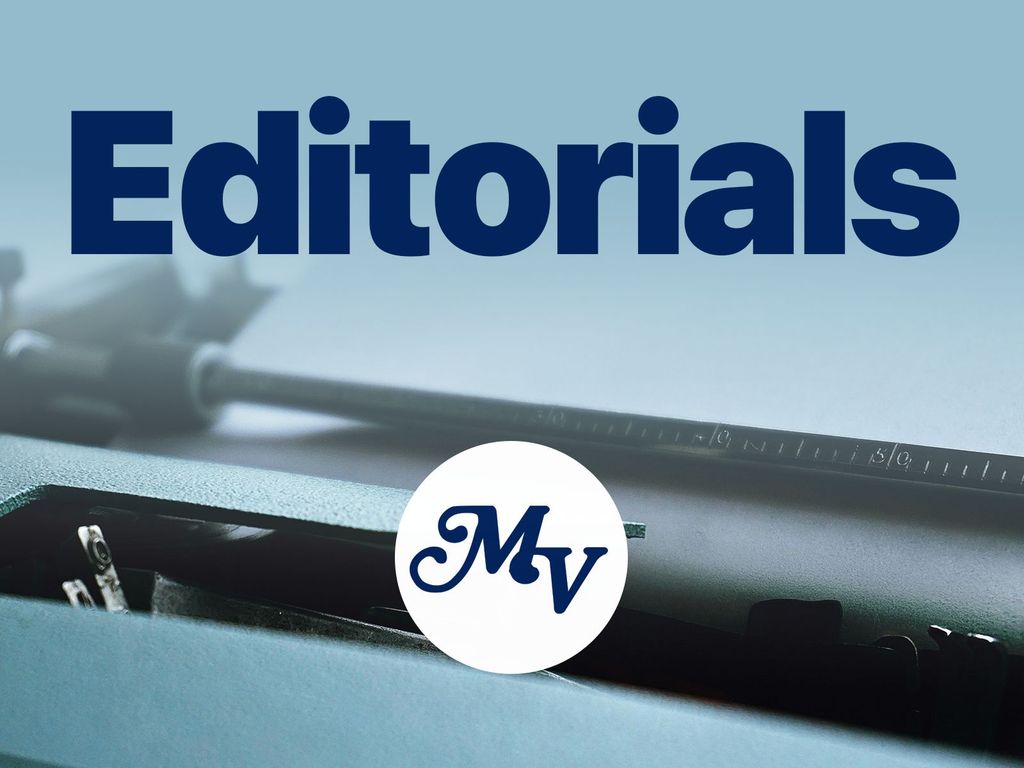Flashback
PERHAPS if CNMI officials in all branches of government, including autonomous agencies, “volunteered” to take a 10 or 20% pay cut, there would be more funds available for public education, public safety, or public health.
That is a big ask. Still, in 2011, in the gloomy depths of an economic downturn — amid rolling blackouts and with the NMI Retirement Fund facing insolvency — the governor and lieutenant governor at the time volunteered to “share the pain” and reduce their salaries by 10%. One of their political allies in the Legislature said they, too, would volunteer for pay cuts, while another lawmaker said he would propose amending the Constitution to reduce the salaries of elected and other officials, including justices and judges. At the time, cabinet members and department heads were already working with reduced salaries.
It’s a popular move, to be sure — especially for those already looking ahead to the next election — but it doesn’t address the deeper cause of the government’s financial crisis. The government is simply too big. It has too many duplicative departments, divisions, agencies, bureaus, offices, and programs. Too often, moreover, government jobs are treated as rewards for political loyalty rather than opportunities to serve the public.
Not surprisingly, the government consistently spends more than it collects, a fact conveniently overlooked whenever the economy is booming. And because of political considerations, it continues to splurge even when the economy can no longer support such spending habits.
In any case, back then, the government’s financial crunch ended only because tourism arrivals began to improve and a major new investor opened shop on island.
Today, while the CNMI’s elected officials look for cost-cutting options — because they have to — they should also work with MVA and the tourism industry to improve arrivals. The CNMI, of course, should pursue economic diversification, but that doesn’t mean forsaking its only industry. That’s like saying we should shoot ourselves in the foot to run faster.
Nope
IN passing a budget that doesn’t provide PSS with its constitutionally mandated 25% share of government revenue, the House Ways and Means chair argued that the Commonwealth can’t afford it and that it is their “duty…to balance the budget and protect government stability.”
Sorry, no. A lawmaker’s oath of office requires him or her to “support and defend the Constitution and laws” of the CNMI. And according to the CNMI Constitution, PSS “shall be guaranteed an annual budget of not less than twenty-five percent of the general revenues of the Commonwealth through an annual appropriation.” That provision, introduced as House Legislative Initiative 18-12, was overwhelmingly passed by both houses of the Legislature and approved by 66.5% of voters in 2014.
Six years later, the CNMI Supreme Court ruled that PSS is entitled to 25% of the Commonwealth’s general revenues — and that only revenues truly designated as “special revenues” (such as DPL’s budget) are excluded. Any other funds, including those from suspended earmarks or supplemental budgets, are considered general revenues to which PSS is entitled.
Relitigating this issue is a waste of time and resources, especially since the same CNMI Supreme Court justices are likely to rule on it again. The only way around it is to repeal or amend the constitutional mandate so that “general revenues” mean what lawmakers — and the administration — want them to mean.
Lawmakers should also be reminded that the last time politicians tried to shortchange PSS, voters responded by mandating an even higher figure. Don’t tempt them to raise it again.











